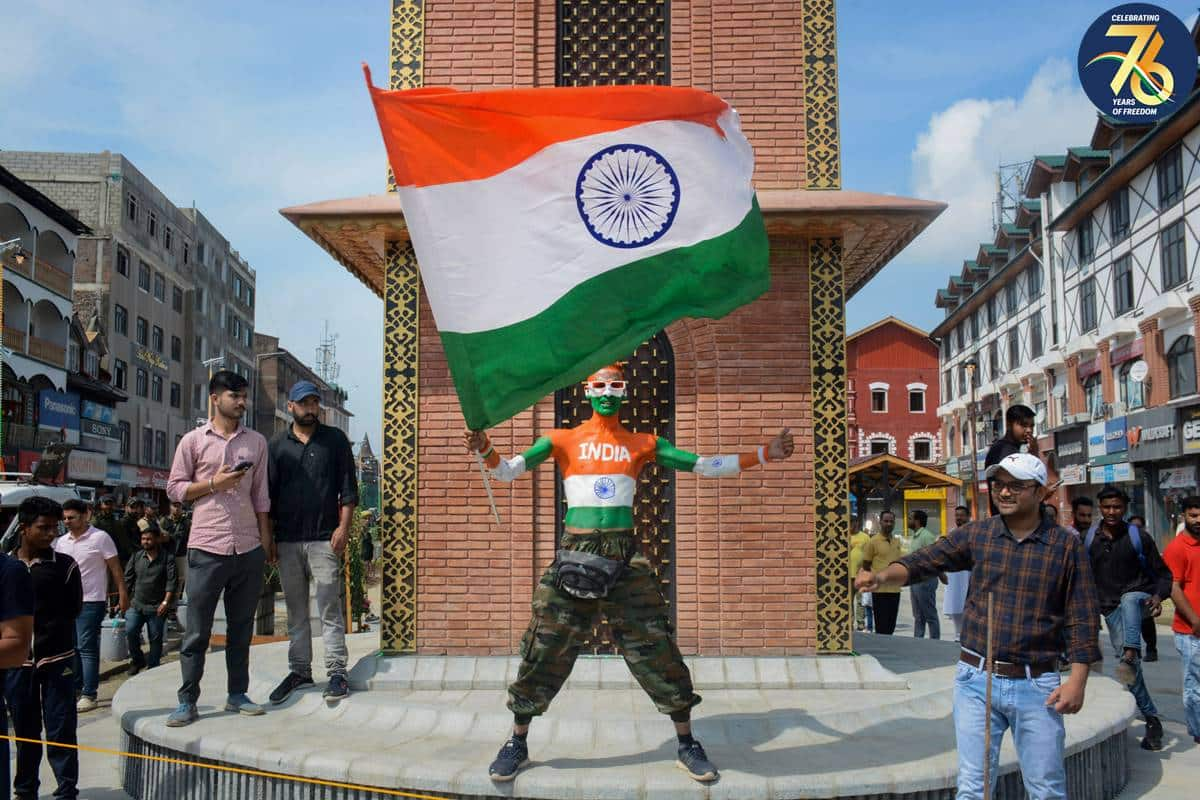India Rejects OIC Statement on Article 370
India has firmly dismissed the recent statement from the Organization of Islamic Cooperation (OIC) regarding the Indian Supreme Court’s verdict on Article 370.
The official spokesperson of the Ministry of external Affairs (MEA) Arindam Bagchi, in response to media queries stated that India rejects the OIC’s statement as both uninformed and malicious.
MEA Response
“India rejects the statement issued by the General Secretariat of the Organization of Islamic Cooperation (OIC) on a judgement of the Indian Supreme Court. It is both ill-informed and ill intended.”
“That OIC does so at the behest of a serial violator of human rights and an unrepentant promoter of cross border terrorism makes its action even more questionable. Such statements only undermine OIC’s credibility.”
Why has India rejected OIC’s statement?
India’s rejection is grounded in the belief that the OIC’s interference is not only misplaced but also raises questions about the organization’s ability to objectively assess international matters. The statement from Bagchi emphasizes India’s commitment to upholding its sovereignty and the integrity of its legal processes.
What did OIC say?
The OIC’s General Secretariat expressed deep concern over the recent decision by the Supreme Court of India on December 11, 2023. This decision upheld the revocation of the special status of the Indian Illegally Occupied Jammu and Kashmir (IIOJK).
In a statement, the General Secretariat referenced prior decisions and resolutions from the Islamic Summit and the OIC Council of Foreign Ministers regarding the Jammu and Kashmir issue. It reiterated a call to reverse all illegal and unilateral actions taken in August 2019, which altered the internationally-recognized disputed status of the territory.The General Secretariat, in a show of solidarity with the people of Jammu and Kashmir and their right to self-determination, urged the global community to intensify efforts for a resolution in accordance with United Nations Security Council resolutions.
Meanwhile …Pakistan’s foreign ministry had issued a categorical rejection of the Supreme Court of India’s verdict on the status of the Indian Illegally Occupied Jammu and Kashmir. It emphasized that Jammu and Kashmir is an internationally-recognized dispute, remaining on the UN Security Council’s agenda for over seven decades. The statement contended that India lacks the authority to make unilateral decisions on the status of this disputed territory against the will of the Kashmiri people and Pakistan.
What was the Supreme Court’s Judgement?
The Supreme Court of India, in its judgment, upheld the abrogation of Article 370, declaring it a temporary provision. The court maintained that the move to revoke the special status of Illegally Occupied Jammu and Kashmir in August 2019 was constitutional. It underscored that Occupied Kashmir is an integral part of India, having not achieved internal sovereignty after joining the Union. This decision marked a significant development in a longstanding and complex geopolitical issue.



